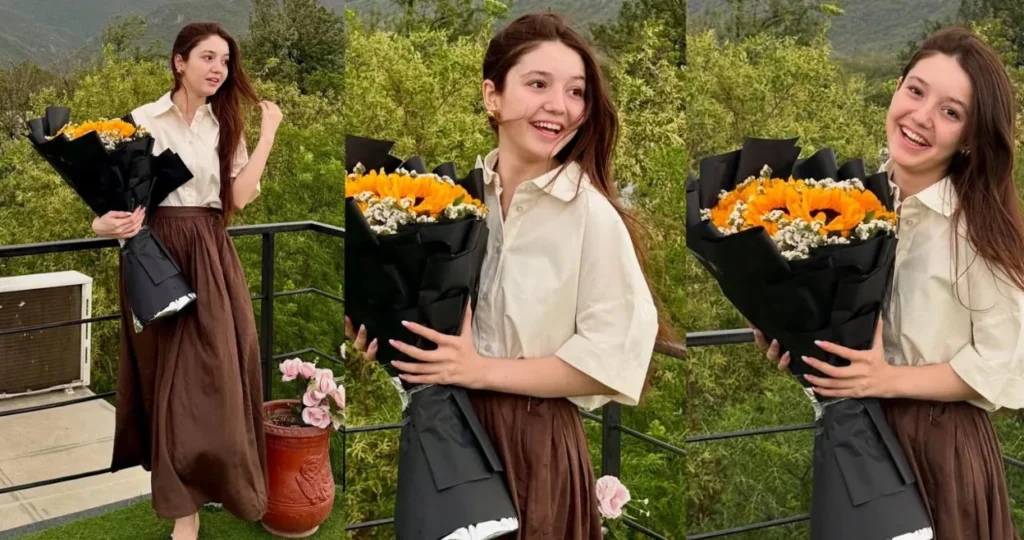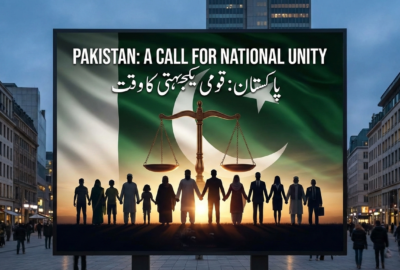
In a heart-wrenching incident that has shaken Pakistan, 17-year-old TikTok star Sana Yousaf was tragically shot dead in her Islamabad home on June 2, 2025. The alleged perpetrator, her cousin Umar Hayat, reportedly committed the act after facing rejection from Sana. This devastating event not only underscores the perils faced by women in the digital age but also brings to light the deep-seated issues of honor-based violence in the country.
Who Was Sana Yousaf?
Born on June 2, 2007, in Upper Chitral, Khyber Pakhtunkhwa, Sana Yousaf was a vibrant teenager with dreams as vast as the mountains of her hometown. Relocating to Islamabad with her family, she pursued medical sciences and was known for her advocacy of women’s rights and cultural pride. Her father, Yousuf Hassan, a social activist, greatly influenced her worldview, instilling in her a passion for societal change.
Her Rise to Social Media Fame
Sana’s journey on platforms like TikTok and Instagram saw her amass over 740,000 followers on TikTok and nearly 500,000 on Instagram. Her content, a blend of cultural representation and advocacy for girls’ education, resonated with many, especially the youth. She became a beacon of inspiration, showcasing the rich traditions of Chitral while championing modern values.
The Fateful Day: June 2, 2025
On her 18th birthday, while celebrating with family, tragedy struck. Her cousin, Umar Hayat, visited her home in Islamabad’s Sector G-13/1. According to reports, after a brief conversation, he shot her twice in the chest, leading to her immediate death. The incident occurred in the presence of her aunt, who later recounted the harrowing experience to the authorities.
The Alleged Motive: Rejection and Obsession
Investigations revealed that Umar Hayat had been persistently pursuing Sana, seeking a relationship. Her consistent rejections reportedly fueled his obsession, culminating in the tragic act. This incident underscores the dangers of unchecked obsessions and the societal pressures surrounding relationships and honor.
The Aftermath: Arrest and Investigation
Within 24 hours, law enforcement agencies apprehended Umar Hayat in Faisalabad. Utilizing CCTV footage and mobile data, the police traced his movements, leading to his swift arrest. He confessed to the crime, and the murder weapon, along with other evidence, was recovered. The case is currently under judicial proceedings, with the next hearing scheduled for June 18.
Public Outcry and Social Media Reactions
The news of Sana’s death sent shockwaves across the nation. Social media platforms were flooded with tributes, with hashtags like #JusticeForSanaYousaf trending. While many mourned her loss and demanded justice, some reactions highlighted the deep-rooted misogyny in society, blaming the victim for her online presence. This dichotomy reflects the ongoing struggle for women’s rights in Pakistan.
The Plight of Female Content Creators
Female influencers in Pakistan often navigate a minefield of societal expectations and threats. While platforms like TikTok offer a voice and visibility, they also expose women to harassment and violence. Sana’s tragic end underscores the vulnerabilities faced by women who dare to step into the public eye.
Calls for Legal Reforms and Protection
In the wake of Sana’s murder, activists and civil society have intensified calls for stronger legal protections for women. There is a pressing need for comprehensive laws addressing online harassment, stalking, and gender-based violence, ensuring that perpetrators are held accountable.
Remembering Sana: Tributes and Legacy
Beyond the statistics and headlines, Sana was a young woman with dreams, aspirations, and a desire to make a difference. Her legacy lives on through the countless lives she touched and the conversations her death has sparked. She serves as a symbol of resilience and the urgent need for societal introspection.
The Role of Media in Shaping Narratives
Media coverage plays a pivotal role in shaping public perception. Responsible reporting can amplify voices demanding justice, while sensationalism can perpetuate harmful stereotypes. In Sana’s case, balanced and empathetic storytelling is crucial to honor her memory and advocate for change.
Educational Initiatives Against Gender-Based Violence
Education is a powerful tool in combating gender-based violence. Integrating discussions on consent, respect, and equality into curricula can foster a more informed and empathetic generation, reducing instances of violence rooted in ignorance and prejudice.
The Importance of Mental Health Awareness
Addressing mental health, especially among youth, is vital. Providing resources and support systems can help individuals cope with rejection, obsession, and other emotional challenges, potentially preventing tragic outcomes like Sana’s.
Community Engagement and Support Systems
Communities play a crucial role in safeguarding individuals. Establishing support networks, helplines, and safe spaces can offer solace and protection to those at risk, ensuring that no one feels isolated or vulnerable.
Conclusion: A Call to Action
Sana Yousaf’s untimely death is a stark reminder of the perils faced by women in patriarchal societies. It calls for collective introspection, legal reforms, and societal change. By honoring her memory through action, we can strive towards a future where every individual, regardless of gender, can live without fear.



